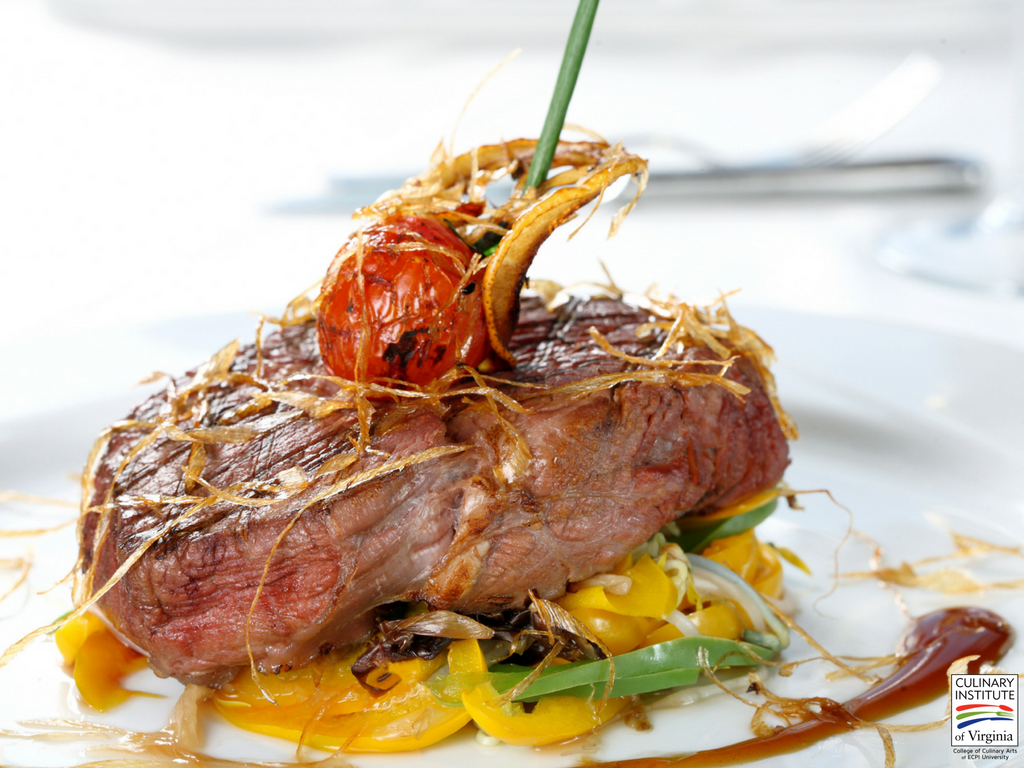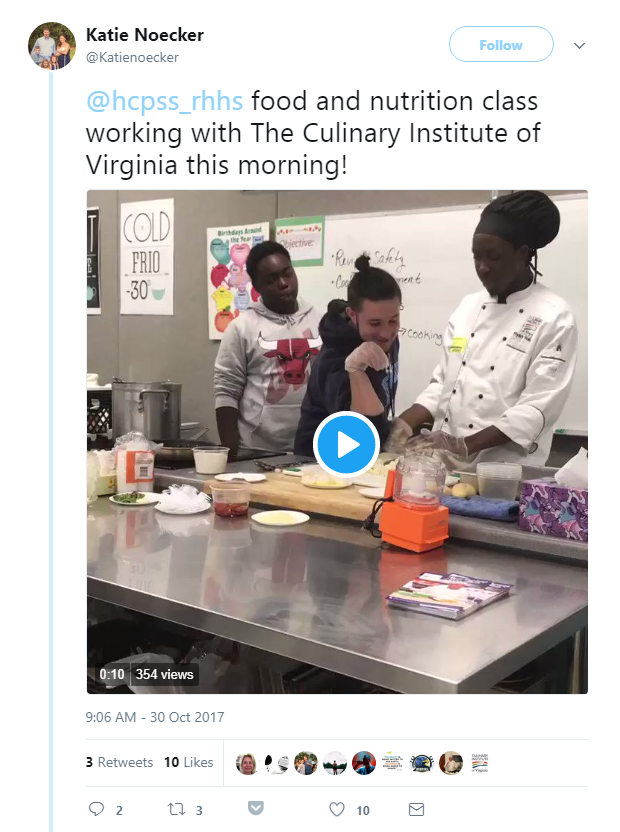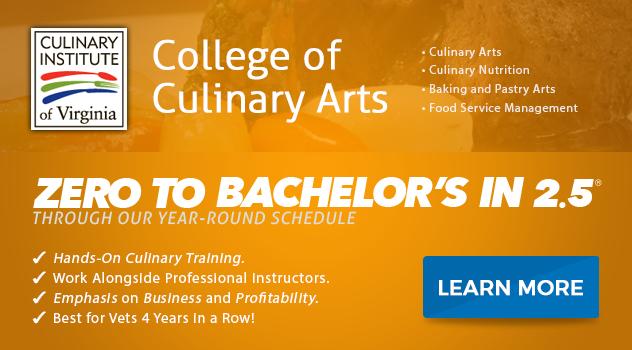How does a Chef Use Chemistry?
If you're thinking of becoming a chef, the training you have in mind may consist of learning different recipes by heart, as well as things like how to stock a kitchen. But when you look at the curriculum for culinary arts, you may find classes you didn't expect to be on there, such as food science and chemistry. This is why culinary school is a fantastic way into the culinary world because you are introduced to many concepts that you might miss if you were just working your way up in a restaurant kitchen.
While you still might learn the techniques, you might not learn why they're done, or what's really happening inside the food, and how that process might apply to other dishes. One thing is for sure, though: Once you learn about what food chemistry is like, you'll never forget it.
The Chef and Basic Chemical Reactions
Any cooking you do involves chemistry. The use of heat, cold, and cutting changes the composition of foods. Even simply slicing an apple sets off chemical reactions that change the color of the apple's flesh. If you heat up sugar to turn it into syrup, you're using a chemical reaction.
If you add corn syrup to sugar because the corn syrup provides molecules that help form the final product of caramel, you're using a chemical reaction. You already know a bunch of these processes by heart, even if you can't name them, just because basic chemistry is so entwined with cooking.
How Chefs Use Chemistry, Sometimes Without Even Realizing It
Once you start learning how these specific processes work, you can use them to your advantage, creating effects in food that make plain dishes look fantastic. If you know that sugar browns in heat, you know that adding a sprinkle of sugar to the top of a product will give the final cooked product a nice caramelized look.
For example, cookies baked in an oven turn golden or brown as the sugar in the dough caramelizes, but if you bake the cookies in a car (seriously), the caramelizing doesn't happen, and the cookies look unbaked. But if you're expecting that, you'll know that the looks are not a problem as long as the cookies show other signs of being done. You won't keep trying to brown the cookies because you're aware that the chemical reactions will be different.
Knowing chemistry in food is also helpful when creating copycat dishes for people with special dietary requirements. If you're cooking for someone who can't have eggs, you'll know that you need to find a substitute binder for the recipe, for example.
Molecular Gastronomy
Learning more about chemical processes in food and how one substance might affect another helps you if you're interested in cooking in the field of molecular gastronomy. This is a field that is dedicated to playing around with the chemical properties of food. The more aware you are of what can be done chemically, the more dishes you can create.
Chemistry and food also comes into play when you're trying to verify old cooking legends and advice. For example, if you know how pasta absorbs water, you'll know that you don't have to use tons of water to cook a little pasta. That's a very simple example, but it shows you how you can cut experimentation and cooking time if you already know the basic chemical reactions behind what's happening when food cooks.
Are you interested in becoming a chef?
If you want to see if you have the right chemistry and earn your Associate of Applied Science in Culinary Arts, ECPI University’s Culinary Institute of Virginia offers this degree program. For more information, connect with one of our friendly admissions advisors today.
It could be the Best Decision You Ever Make!
DISCLAIMER – ECPI University makes no claim, warranty, or guarantee as to actual employability or earning potential to current, past or future students or graduates of any educational program we offer. The ECPI University website is published for informational purposes only. Every effort is made to ensure the accuracy of information contained on the ECPI.edu domain; however, no warranty of accuracy is made. No contractual rights, either expressed or implied, are created by its content.
For more information about ECPI University or any of our programs click here: http://www.ecpi.edu/ or http://ow.ly/Ca1ya.





